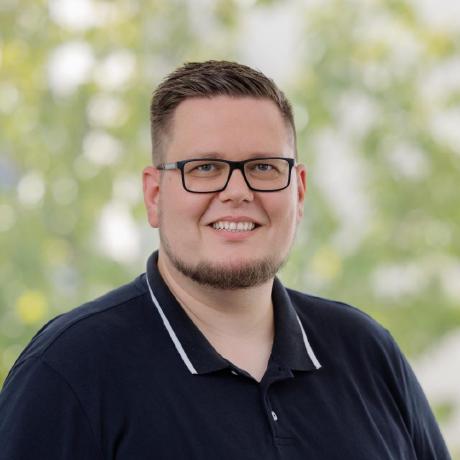ET-Plan
Geological and geophysical site investigations for the Einstein telescope

ET-Plan
Geological and geophysical site investigations for the Einstein telescope- BMBF
- 2024/07
- 2 years
- In progress
The Einstein Telescope (ET) is a concept for a third-generation European gravitational wave detector. The ET-Plan research project aims to minimize the risks associated with the planning, construction and operation of an Einstein telescope in the border region between the Netherlands, Belgium and Germany (EMR region) and a region in Lusatia/Saxony. This requires an in-depth understanding of the geological and tectonic conditions, the spatial and temporal distribution of seismic noise sources (e.g., wind turbines), possible seismic and aseismic deformations in connection with fault zones, the mechanical properties as well as the expected mechanical behavior during the tunnel construction and operation phase.
In this research project, geological and geophysical observations will be collected which, with the addition of the existing data, will allow the development of a detailed geological model that includes fault zones, geophysical and mechanical rock properties as well as quantified uncertainties. This model forms the basis for determining optimal positions of the telescope, which are of great importance for the safe and reliable operation of the Einstein Telescope. The consortium consists of nine complementary working groups with expertise in geological exploration and modeling, tectonics, earthquake physics and seismology, geophysical imaging as well as rock mechanics and tunnel construction.
Project partners
RWTH:
- Prof. Klaus Reicherter
- Prof. Florian Wellmann
- Prof. Florian Amann
- Prof. Peter Kukla
- Prof. Raul Fuentes
External:
- Prof. Céline Hadziioannou (UHH)
- Jun.-Prof. Conny Hammer (UHH)
- Prof. Rebecca Harrington (RUB)
- Prof. Andreas Rietbrock (KIT)

